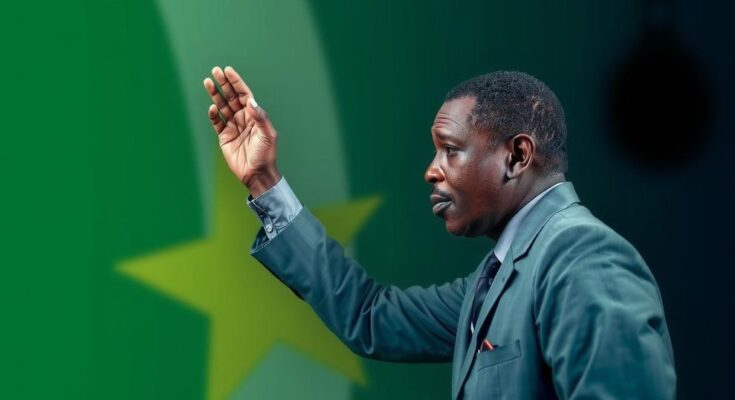The UN Special Representative for South Sudan, Nicholas Haysom, addressed the Security Council about the extension of the transition period and the postponement of elections until December 2026, emphasizing the detrimental impact of political paralysis on the South Sudanese populace. He called for urgent compromises among political leaders to ensure successful implementation of the Revitalized Peace Agreement and highlighted the rising violence and humanitarian challenges in the country.
On Thursday, the UN Special Representative for South Sudan, Nicholas Haysom, expressed serious concerns regarding the latest extension of the transition period and the consequent delay of elections in the country, scheduled for December 2026. The continuous postponement reflects a broader political paralysis that frustrates the South Sudanese populace, particularly given their desire for democratic transition following years of unrest since the country’s independence in 2011. Haysom underscored the necessity for South Sudan’s leaders to reach essential compromises to fulfill the benchmarks established in the Revitalized Peace Agreement. Despite promising dialogue efforts, the UN envoy noted a regression in implementing the peace accord, exacerbating the lack of progress towards democratic governance. Haysom emphasized the urgency of acting on the benchmarks immediately, such as deploying the Necessary Unified Forces and enhancing civic education for future elections. Together with the National Elections Commission, UNMISS is committed to fostering civic engagement and ensuring the elections reflect the will of the South Sudanese. Additionally, Haysom highlighted the rising violence and humanitarian challenges faced by South Sudan, particularly in areas affected by flooding and ongoing conflicts, which have emerged due to the civil strife in neighboring Sudan. As humanitarian needs grow, with nearly four million individuals assisted this year, the UN continues to call for international support to address these critical issues and promote stability in South Sudan.
The current political climate in South Sudan is characterized by turmoil and stagnation, necessitating the urgent attention of both national leaders and the international community. Since its independence in 2011, South Sudan has faced significant challenges, including a civil war initiated in 2013, leading to a peace agreement in 2018. Despite advances following the Revitalized Peace Agreement, the country has struggled to implement key provisions necessary for a democratic transition, including the organization of its first general elections. The most recent decision to extend the transition period until February 2027 and reschedule elections to December 2026 is viewed as a setback by both the UN and the South Sudanese people.
In conclusion, the ongoing postponement of elections in South Sudan has created a significant sense of disillusionment among its citizens, reinforcing the urgent need for political leaders to take decisive actions. The UN remains committed to facilitating a smooth transition and encouraging civil participation in nation-building efforts. It is crucial that both national stakeholders and international partners rally to address the humanitarian crises and political stagnation impeding the country’s progress towards sustainable peace and democracy.
Original Source: www.miragenews.com




